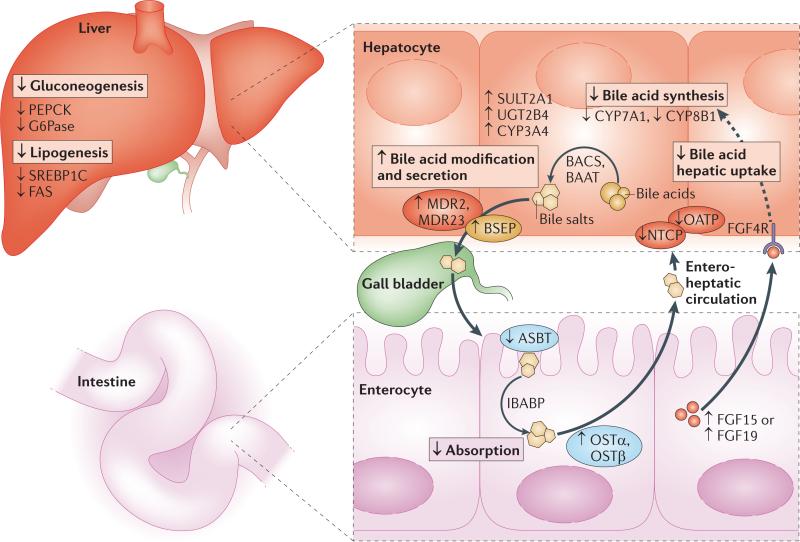Figure 3. Coordinated effects of FXR on metabolism.
Farnesoid X receptor (FXR) mediates effects on multiple metabolic pathways in a tissue-specific manner. In the liver, FXR reduces conversion of cholesterol to bile acids by downregulating the expression of enzymes involved in bile acid synthesis, such as cytochrome P450 7A1 (CYP7A1) and CYP8B1. FXR also reduces bile acid toxicity in the liver by increasing other bile acid-modifying enzymes including sulphotransferase 2A1 (SULT2A1), UDP-glucuronosyltransferase 2B4 (UGT2B4) and CYP3A4. Bile acids are conjugated to either glycine or taurine before secretion into the bile; FXR enhances bile acid conjugation by increasing the expression of bile acid CoA synthase (BACS) and bile acid CoA–amino acid N-acetyltransferase (BAAT), and FXR promotes the transport of bile acids to the gall bladder via bile salt export pump (BSEP), multidrug resistance protein 2 (MDR2) and MDR3 (membrane transport proteins are depicted as ovals). Within the intestine, FXR reduces bile acid absorption via downregulation of the apical sodium-dependent bile acid transporter (ASBT), promotes bile acid movement across the enterocyte via ileal bile acid binding-protein (IBABP) and promotes recycling of bile acids to the liver via organic solute transporter-α (OSTα) and OSTβ. In addition, FXR reduces hepatic uptake of bile acids by reducing the expression of organic anion transporting polypeptide (OATP) and sodium taurocholate cotransporting polypeptide (NTCP). FXR also promotes the release of fibroblast growth factor 15 (FGF15) in mice or FGF19 in humans from the intestine. FGF15 or FGF19 travel to the liver, acting on FGF4 receptor (FGF4R) to reduce CYP7A1 expression and thus repress bile acid synthesis. In the liver, FXR also acts on glucose metabolism by reducing gluconeogenesis via the downregulation of phosphoenolpyruvate carboxykinase (PEPCK) and glucose-6-phosphatase (G6Pase), two key enzymes in the glucose synthesis pathway. Futhermore, FXR reduces lipogenesis via inhibition of sterol-regulatory element-binding protein 1C (SREBP1C) and fatty acid synthase (FAS).

